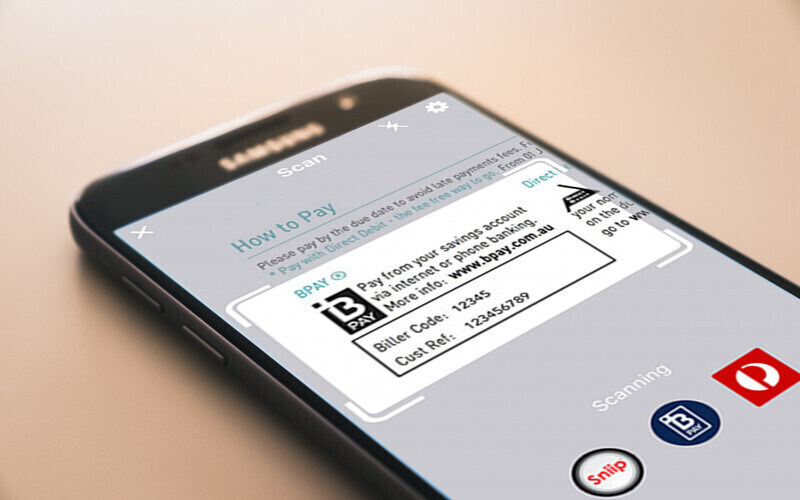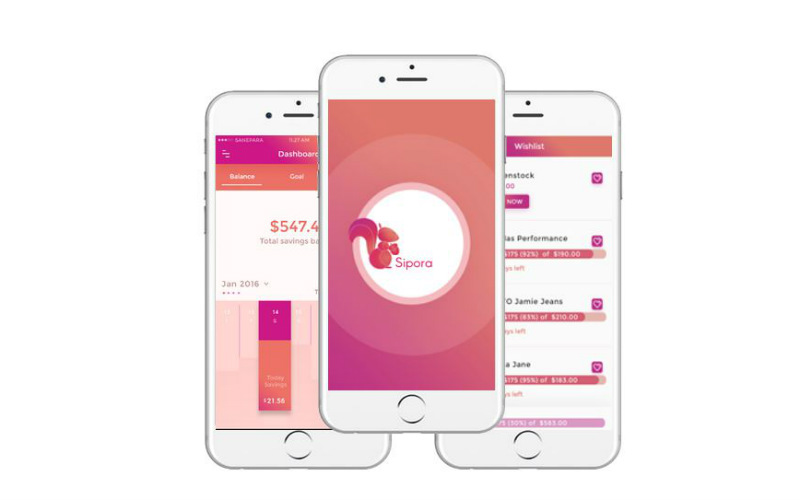Three professors and research fellows from the University of Melbourne – Evgenia Bourova, Ian Ramsay and Paul Ali – partnered with the Victorian State Government and Australian Research Council to conduct research on the experiences of people who are unable to pay debts when they fell due.
The research paper said the reason for this study was that despite the recent Senate inquiry into financial services, there is little empirical research to help inform policy responses.
Of the 1,100 respondents:
- 480 (43.6%) were “wage recipients” with a median income of $44,976;
- 402 (36.5%) were “Centrelink recipients” with a median income of $19,981;
- 76 (6.9%) received both wages paid by an employer and a Centrelink payment;
- 143 (13.0%) had income coming from other sources
Empirical research on the experience of people at risk of financial hardship from @MelbLawSchool: findings clearly contradict a popular belief that debt problems are mostly due to poor choices https://t.co/30fOUKx2nW via @ConversationEDU
— Gerard Brody (@gerardbrody) February 26, 2019
The key findings
The study by the University of Melbourne looked at three key points regarding debt and financial hardship:
- What was the biggest cause of hardship
- How hardship affected their daily lives
- How respondents coped with hardship
What caused debt and hardship?
The study asked respondents about significant experiences they had in the year before they fell behind in their repayments.
The results show a wide range of events can lead to financial hardship, the most significant of which are big unforseen expenses (36.9%), relying on Centrelink (32.7%), unexpectedly high bills (27.1%), physical (26.9%) and mental (22.2%) health problems, not getting paid enough and unemployment.
Not shown in this infographic were things like alcohol and drug addiction (3.1%), debts incurred by a former partner (2.5%), domestic violence (2.2%) and homelessness (less than 1%).
This shows the importance of developing an emergency savings fund, as anything can happen at any time.
What aspects of life where affected by hardship?
The results also show just how badly debts and financial hardship can affect people’s lives, regardless of income.
Centrelink recipients were far more vulnerable to negative consequences, but they still reported mostly the same experiences as those on a regular wage, just in greater numbers.
Paying for basics was unsurprisingly the biggest victim of debts, with people cutting back on things like food and leisure costs in hard times.
Two of the biggest problems for people with debts (both on Centrelink and wages) are mental and physical health problems – mental health was the second biggest thing affected by debt at 43% for Centrelink recipients and 28.8% for wage recipients.
The anxiety and stress from not knowing when debts can be paid or when they will appear also adversely affected relationships, community involvement, work and education and can also lead to domestic violence.
How did people cut down on their debts?
When faced with debt, many people took steps to manage the problem, sometimes at great personal sacrifice.
The results show the three biggest cut backs were spending on food, utilities and phone and internet use.
A higher proportion of respondents who cut back on these essentials were Centrelink recipients – wage recipients were more likely to cut back on “extravagances” such as restaurants, alcohol and
One respondent on the Newstart Allowance – a maximum of $768.50 per fortnight – told the Conversation: “I do not have any money for food, I never thought we would be in this situation.”
Interestingly, wage recipients were more likely to seek a credit limit increase (perhaps indicating
Both were almost equally likely to borrow from a payday lender.
Resources for financial hardship
It’s important to act quickly if debts start to spiral out of control.
According to ASIC’s MoneySmart there are several options available:
- People can speak to their credit providers to work out a payment plan or ask for a pause on payments
- Apply for a hardship variation with the credit provider – most should have hardship officers or programs
- Speak to free financial counselors or reach out to community organisations for help
Just this week Labor leader Bill
For feedback or queries, email will.jolly@savings.com.au
Photo by christopher lemercier on Unsplash



 Harrison Astbury
Harrison Astbury
 Denise Raward
Denise Raward

 William Jolly
William Jolly
 Dominic Beattie
Dominic Beattie

